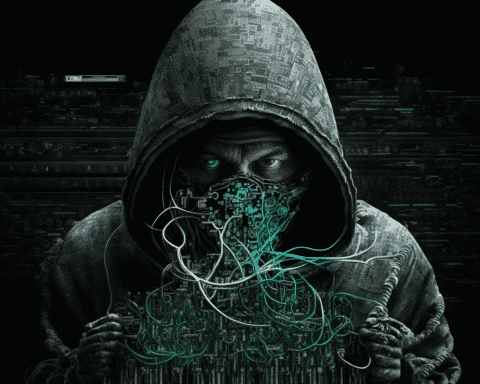In a significant disruption to Iran’s fuel supply, a suspected cyberattack paralyzed almost 70% of the country’s gas stations on Monday. Iranian state TV reported the incident, referring to it as a “software problem” and advised citizens not to rush to the stations that were still operational.
The attack has raised concerns over the country’s vulnerability to cyber threats, with Israeli media attributing the problem to a hacker group known as “Gonjeshke Darande” or predatory sparrow.
According to the Iranian Oil Ministry, more than 30% of gas stations have managed to stay in service out of a total of 33,000 stations across the nation.
This incident is not an isolated one, as Iran has experienced a series of cyberattacks on various sectors in recent years. Filling stations, railway systems, and industries have all been targeted. Even surveillance cameras in government buildings, including prisons, have fallen victim to hacking.
The Gonjeshke Darande group, responsible for this latest attack, had previously targeted a major steel company in Iran’s southwest region in 2022. They also claimed responsibility for a cyberattack on Iran’s fuel distribution system in 2021, which resulted in long lines of angry motorists.
Iran’s unique challenges in the realm of cybersecurity stem from its limited access to up-to-date hardware and software. The nation often relies on Chinese-manufactured electronics or outdated systems that are no longer receiving manufacturer patches, leaving them susceptible to potential attacks.
Additionally, the widespread use of pirated versions of Windows and other software in Iran further compounds the cybersecurity risks facing the country.
The incident brings back memories of the Stuxnet computer virus, widely believed to be a joint creation of the United States and Israel. This virus disrupted thousands of Iranian centrifuges in the country’s nuclear sites during the late 2000s and prompted Iran to disconnect much of its government infrastructure from the internet.
The situation underscores the importance of robust cybersecurity measures and the need for Iran to enhance its cybersecurity infrastructure to protect its critical systems and assets from future cyber threats.




